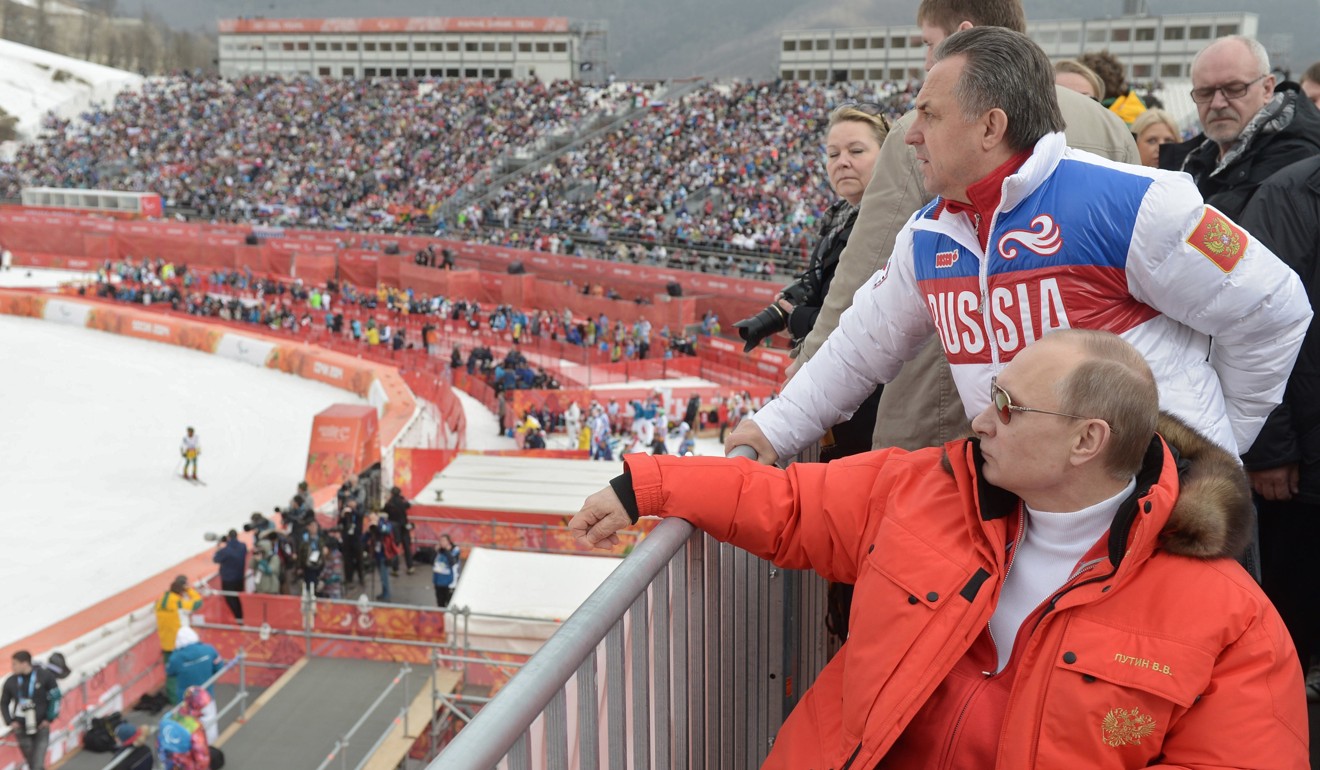
Russia Olympics ban Q&A: can they still compete at the 2018 Pyeongchang Winter Games?
International Olympic Committee bars Russia from sending a team to South Korea – but clean athletes still have options
In a compromise punishment handed down on Tuesday, the IOC suspended the Russian Olympic committee for the steroid doping programme that corrupted the 2014 Sochi Games yet held open an invitation for the shamed nation’s clean athletes.
Here is a look at Russian athletes’ re-routed road to the February 9-25 Pyeongchang Games:
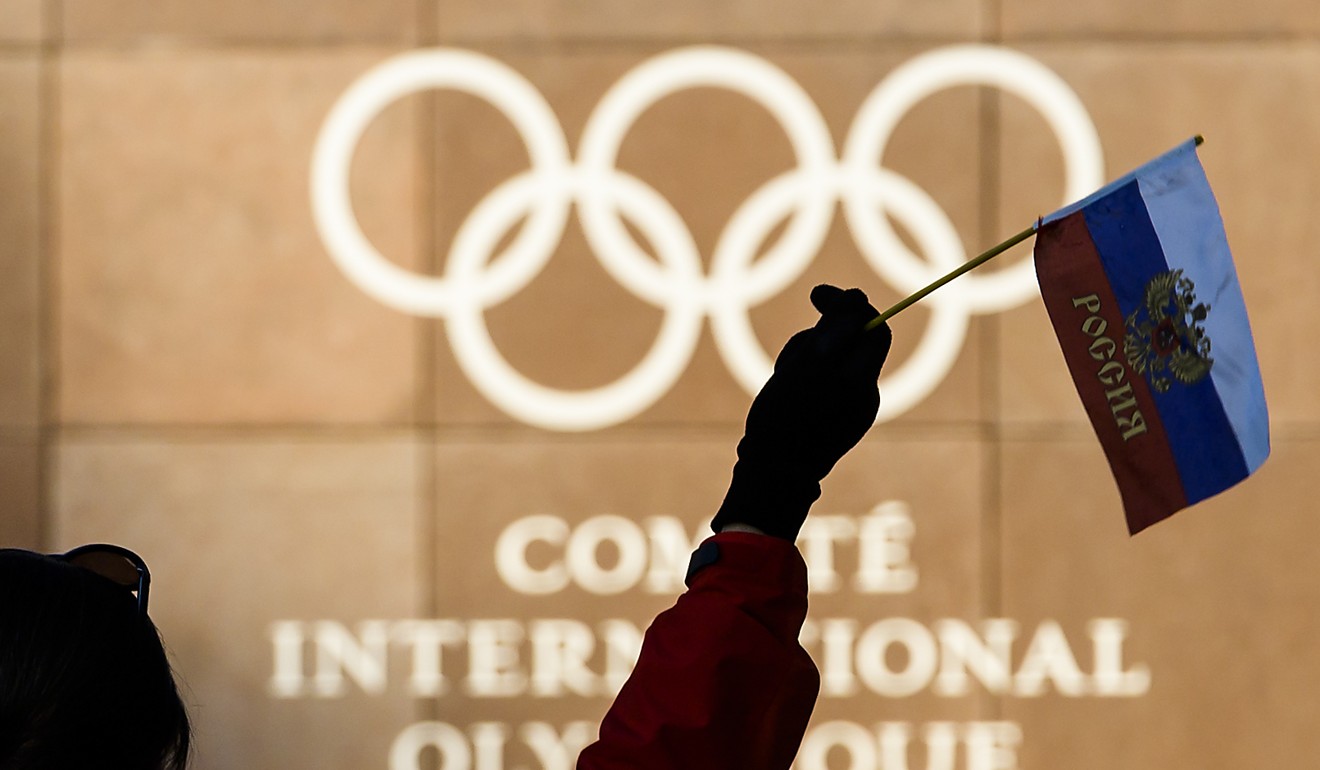
WHAT DID THE IOC DECIDE?
● The Russian Olympic Committee is suspended and cannot send a team to the Pyeongchang Olympics. Instead, some Russian athletes will be invited to compete after being assessed by an IOC-appointed panel.
● The ROC’s leader, Alexander Zhukov, is suspended from his IOC membership.
● Russian deputy prime minister Vitaly Mutko is banned from the Olympics for life. As sports minister in 2014, he was deeply implicated in the Sochi doping plot by two IOC commissions and a World Anti-Doping Agency investigation. Mutko currently serves as the organising committee chairman of soccer’s World Cup, being hosted by Russia next year.
● The chief executive of the Sochi Olympics, Dmitry Chernyshenko, loses his place on an Olympic panel overseeing the 2022 Beijing Winter Games.
● The Russian Olympic Committee must pay US$15 million toward the cost of two IOC investigations and future anti-doping work.
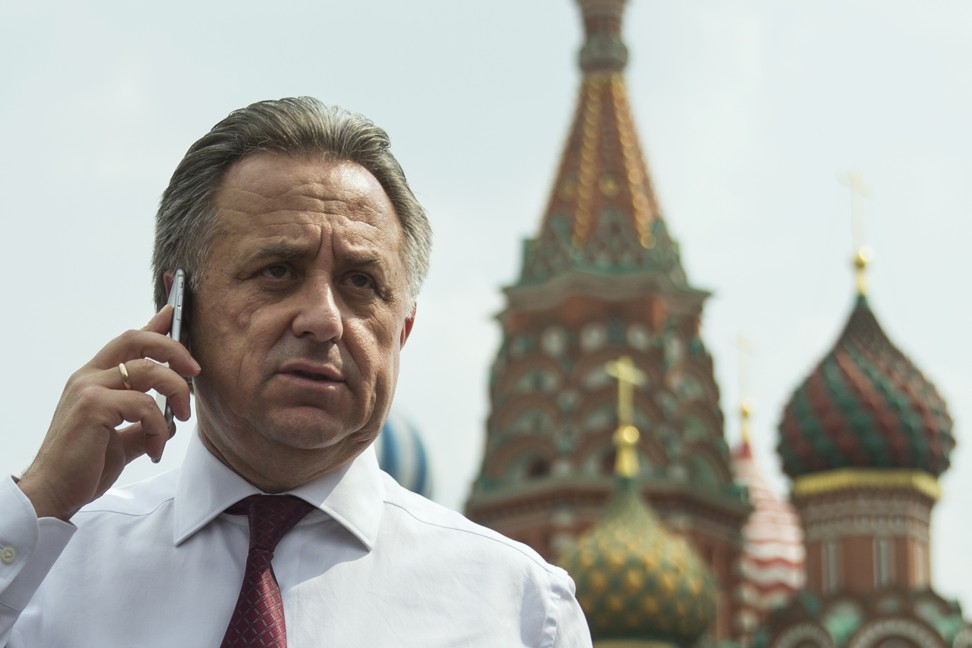
WHAT ARE RUSSIA’S OPTIONS?
● Boycott the Pyeongchang Olympics entirely for the first time since the Soviet Union skipped the 1984 Los Angeles Olympics.
● That would fit with President Vladimir Putin’s warning last month that it would be a humiliation for Russia to compete in South Korea without its national symbols. “An Olympic boycott has never achieved anything,” IOC president Thomas Bach insisted on Tuesday at a news conference to announce the sanctions.
● Russia’s Olympic committee or even an individual athlete could appeal the rulings at the Court of Arbitration for Sport in the IOC’s home city Lausanne.
● Russia could accept its punishment and start rebuilding its reputation, trying for a quick rehabilitation – and taking part in the Pyeongchang closing ceremony on February 25. If the Russian Olympic committee and athletes respect the rulings, the IOC said it could “partially or fully lift the suspension of the ROC from the commencement of the Closing Ceremony”.
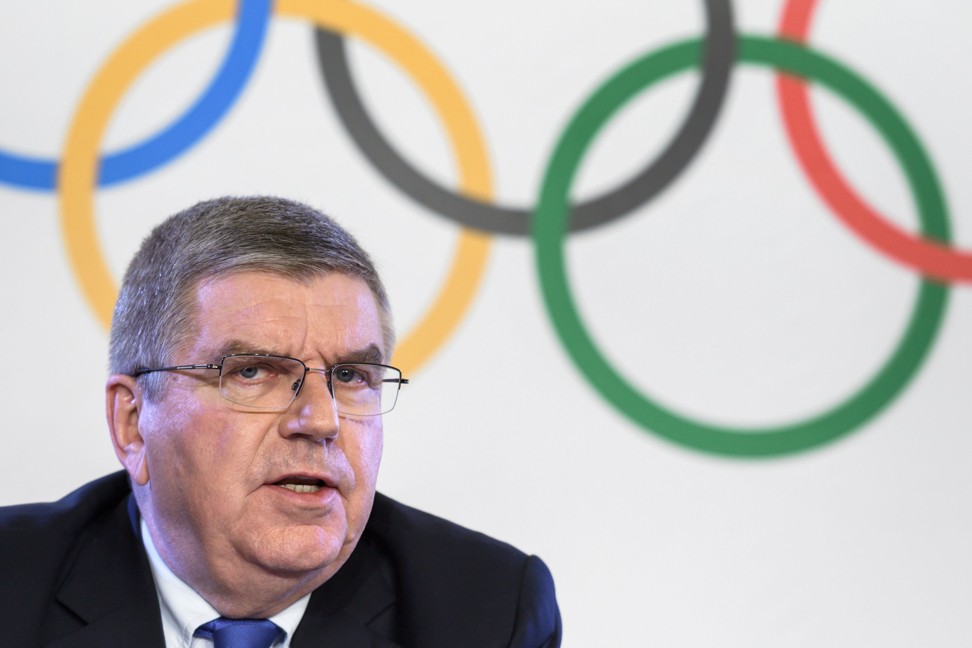
HOW CAN RUSSIAN ATHLETES COMPETE?
● A special panel will invite Russians to compete. The athletes who have qualified for their event have to prove they are clean athletes.
● The panel will be led by Valerie Fourneyron, a former sports minister of France who chairs a new global body overseeing doping controls. It will include the IOC’s medical director, Dr. Richard Budgett.
● Russian athletes must never have been banned for a doping violation, and also have undergone more intensive target testing since April as a prospective Olympian in Pyeongchang.
● That testing programme, across all sports and all nations, has especially focused on Russia as the IOC seeks to avoid a repeat of the Sochi conspiracy.
● It is unclear how many Russians could compete in South Korea. The home team at Sochi was 232-strong, though 25 have so far been disqualified for doping, losing 11 of the nation’s 33 medals.
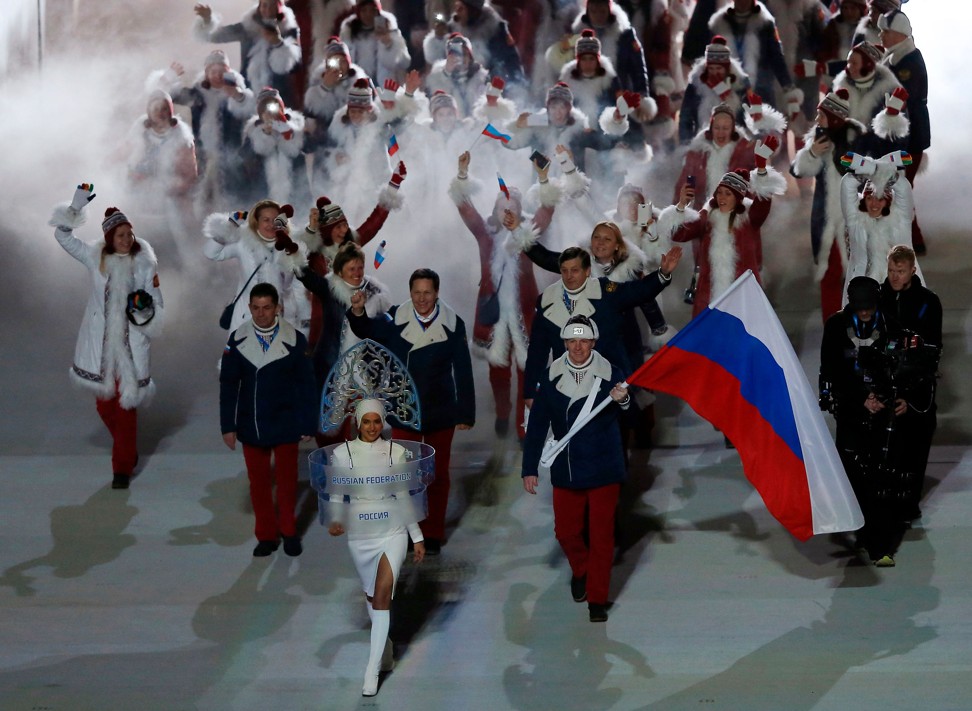
WHAT WILL RUSSIAN COMPETITORS CALLED?
● It is a win for the country that the word “Russia” is retained in the title “Olympic Athlete from Russia” or OAR.
● Russians were “Authorised Neutral Athletes” when they competed at the 2017 track and field world championships in London while the national federation was suspended in the fallout from the doping scandal investigations.
● When Kuwaiti athletes were accepted for the 2016 Rio de Janeiro Olympics, while the nation was formally suspended by the IOC, they were called “Independent Olympic Athletes”.
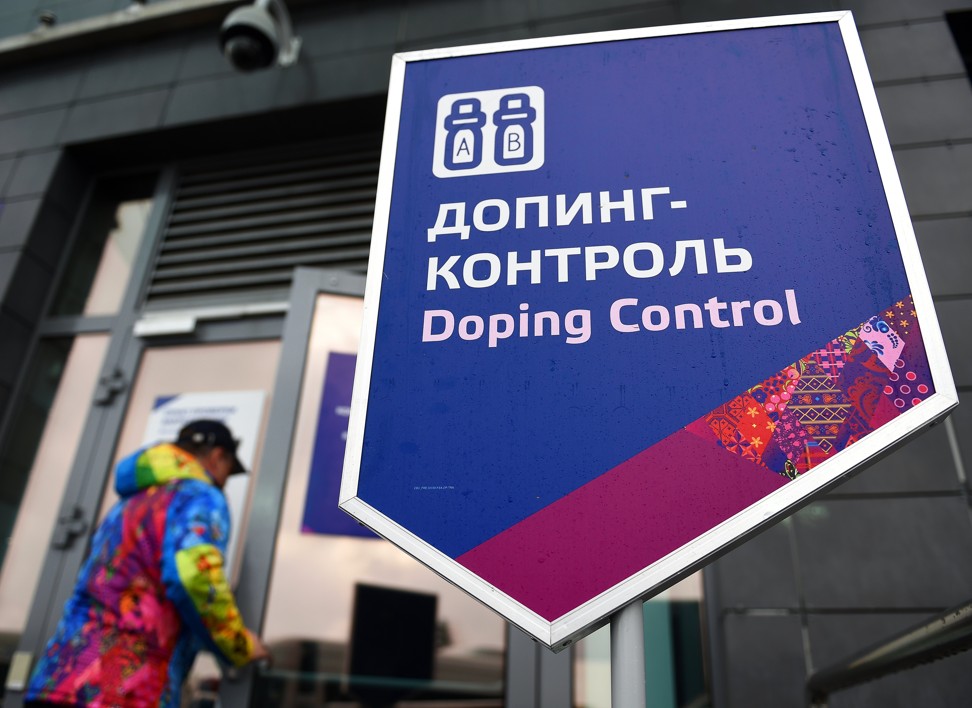
WHICH ANTHEM WILL PLAY FOR RUSSIAN GOLD MEDALLISTS?
● The Olympic Hymn, a fanfare which is played at opening or closing ceremonies. It played for Kuwaiti shooter Fehaid Al Deehani when he won double trap gold in Rio.
AND WHICH FLAG WILL BE RAISED?
● The five-ring Olympic flag.
WHAT WILL THEY WEAR?
● At the track worlds in London in August, Russians wore a specially-designed Nike uniform in pale blue, purple and dark blue.
● In March, the Russian Olympic Committee signed an eight-year deal to be dressed by Moscow-based ZA Sport.
● It might not look like a typical Russian team of past Olympics – but it will say “Russia” somewhere on the uniform.
